To ensure that victims of criminal cases are rehabilitated, the supreme court has ruled that they are entitled to monetary compensation, and the court has granted Rs 10 lakh interim compensation to a woman whose husband and son were killed by a gang of kidnappers after the family failed to pay a ransom amount of Rs 50 lakh, 14 years ago.
The apex court said that the compensation would be awarded by courts to the victim or their family members in cases like murder, kidnapping, rape, robbery, dacoity etc which will be in addition to any other monetary compensation that they are entitled to under other laws like insurance, civil suits, etc.
The court has taken a serious view of the matter after the top court was informed that some state governments have failed to frame rules. A compensation scheme was incorporated into section 357A of the CrPc in 2009, under which, if the court feels that the victim deserves compensation, it could direct the state government to pay compensation to rehabilitate the victim.
The court's order came after the additional solicitor general L Nageswara Rao informed the court that out of the 29 states, Andhra Pradesh, Meghalaya and Madhya Pradesh had so far failed to notify the 2009 scheme.
A bench of justices V Gopala Gowda and AK Goel, in a recent judgment, said, "We are of the view that it is the duty of the courts, to take cognizance of the criminal offence, to ascertain whether there is tangible material to show commission of crime, and whether the victim is identifiable and whether the victim of the crime needs immediate financial relief. On being satisfied with an application or on its own motion, the court ought to directly grant interim compensation, subject to final compensation being determined later."
"Such duty continues at every stage of a criminal case where compensation ought to be given and has not been given, irrespective of the application by the victim," the bench also observed.
"At the stage of the final hearing it is obligatory on the part of the court to advertise that the provision and record of finding out whether a case to grant compensation has been made out and, if so, who is entitled to the compensation and how much. The awarding of such a compensation could be interim. The gravity of the offence and the need of the victim are some of the guiding factors to be kept in mind, apart from other such factors as may be found relevant in the facts and circumstances of an individual case," the bench said.
The court has also directed that this judgment must be forwarded to the National Judicial Academy so that all judicial officers in the country can be imparted requisite training to make the provision operative and meaningful.
The court made the ruling while dismissing the appeal filed by an accused, Suresh, Mahesh and Manmohan challenging the life sentence imposed on them by a sessions court in Haryana and upheld by the Punjab and Haryana high court for the killing of two victims—Devender Chopra and his son Abhishek Chopra.
The bench found fault with the high court for refusing the awarding of any monetary compensation to the family despite an application moved by the family, although under Section 357A it is mandatory for the courts to award compensation.
The state government was directed to pay Rs 10 lakh to the wife of deceased Devender Chopra within a month.
![submenu-img]() Ghazipur landfill fire: Locals grapple with breathing issues, eye and throat irritation; watch video
Ghazipur landfill fire: Locals grapple with breathing issues, eye and throat irritation; watch video![submenu-img]() Meet man, had Rs 45 crore salary package, got fired from his job, went on to acquire Narayana Murthy’s…
Meet man, had Rs 45 crore salary package, got fired from his job, went on to acquire Narayana Murthy’s…![submenu-img]() India's highest paid actor earned Rs 275 crore per film, gave no hit after that; not Shah Rukh, Salman, Prabhas, Ranbir
India's highest paid actor earned Rs 275 crore per film, gave no hit after that; not Shah Rukh, Salman, Prabhas, Ranbir![submenu-img]() Democratisation of Homa through DIY Homa Workshops by Arunisha Sengupta
Democratisation of Homa through DIY Homa Workshops by Arunisha Sengupta![submenu-img]() Top Morning News: Repolling at 11 Manipur polling stations; Gukesh D becomes youngest to win candidates chess tournament
Top Morning News: Repolling at 11 Manipur polling stations; Gukesh D becomes youngest to win candidates chess tournament![submenu-img]() DNA Verified: Is CAA an anti-Muslim law? Centre terms news report as 'misleading'
DNA Verified: Is CAA an anti-Muslim law? Centre terms news report as 'misleading'![submenu-img]() DNA Verified: Lok Sabha Elections 2024 to be held on April 19? Know truth behind viral message
DNA Verified: Lok Sabha Elections 2024 to be held on April 19? Know truth behind viral message![submenu-img]() DNA Verified: Modi govt giving students free laptops under 'One Student One Laptop' scheme? Know truth here
DNA Verified: Modi govt giving students free laptops under 'One Student One Laptop' scheme? Know truth here![submenu-img]() DNA Verified: Shah Rukh Khan denies reports of his role in release of India's naval officers from Qatar
DNA Verified: Shah Rukh Khan denies reports of his role in release of India's naval officers from Qatar![submenu-img]() DNA Verified: Is govt providing Rs 1.6 lakh benefit to girls under PM Ladli Laxmi Yojana? Know truth
DNA Verified: Is govt providing Rs 1.6 lakh benefit to girls under PM Ladli Laxmi Yojana? Know truth![submenu-img]() Remember Abhishek Sharma? Hrithik Roshan's brother from Kaho Naa Pyaar Hai has become TV star, is married to..
Remember Abhishek Sharma? Hrithik Roshan's brother from Kaho Naa Pyaar Hai has become TV star, is married to..![submenu-img]() Remember Ali Haji? Aamir Khan, Kajol's son in Fanaa, who is now director, writer; here's how charming he looks now
Remember Ali Haji? Aamir Khan, Kajol's son in Fanaa, who is now director, writer; here's how charming he looks now![submenu-img]() Remember Sana Saeed? SRK's daughter in Kuch Kuch Hota Hai, here's how she looks after 26 years, she's dating..
Remember Sana Saeed? SRK's daughter in Kuch Kuch Hota Hai, here's how she looks after 26 years, she's dating..![submenu-img]() In pics: Rajinikanth, Kamal Haasan, Mani Ratnam, Suriya attend S Shankar's daughter Aishwarya's star-studded wedding
In pics: Rajinikanth, Kamal Haasan, Mani Ratnam, Suriya attend S Shankar's daughter Aishwarya's star-studded wedding![submenu-img]() In pics: Sanya Malhotra attends opening of school for neurodivergent individuals to mark World Autism Month
In pics: Sanya Malhotra attends opening of school for neurodivergent individuals to mark World Autism Month![submenu-img]() DNA Explainer: What is cloud seeding which is blamed for wreaking havoc in Dubai?
DNA Explainer: What is cloud seeding which is blamed for wreaking havoc in Dubai?![submenu-img]() DNA Explainer: What is Israel's Arrow-3 defence system used to intercept Iran's missile attack?
DNA Explainer: What is Israel's Arrow-3 defence system used to intercept Iran's missile attack?![submenu-img]() DNA Explainer: How Iranian projectiles failed to breach iron-clad Israeli air defence
DNA Explainer: How Iranian projectiles failed to breach iron-clad Israeli air defence![submenu-img]() DNA Explainer: What is India's stand amid Iran-Israel conflict?
DNA Explainer: What is India's stand amid Iran-Israel conflict?![submenu-img]() DNA Explainer: Why Iran attacked Israel with hundreds of drones, missiles
DNA Explainer: Why Iran attacked Israel with hundreds of drones, missiles![submenu-img]() India's highest paid actor earned Rs 275 crore per film, gave no hit after that; not Shah Rukh, Salman, Prabhas, Ranbir
India's highest paid actor earned Rs 275 crore per film, gave no hit after that; not Shah Rukh, Salman, Prabhas, Ranbir![submenu-img]() Badshah parties with Pakistani actress Hania Aamir in Dubai amid dating rumours
Badshah parties with Pakistani actress Hania Aamir in Dubai amid dating rumours![submenu-img]() Meet actor who went bankrupt, planned own murder for insurance money, one role saved his life, now worth crores
Meet actor who went bankrupt, planned own murder for insurance money, one role saved his life, now worth crores![submenu-img]() Meet India's richest star kid, richer than even Salman-Aamir, owns Rs 7300 crore company; not Ranbir, Prabhas, Alia, NTR
Meet India's richest star kid, richer than even Salman-Aamir, owns Rs 7300 crore company; not Ranbir, Prabhas, Alia, NTR![submenu-img]() This actress began work at 9, had no money, father worked at petrol pump despite being doctor, now she rules box office
This actress began work at 9, had no money, father worked at petrol pump despite being doctor, now she rules box office![submenu-img]() IPL 2024: Gujarat Titans win low-scoring thriller in Mullanpur, hand Punjab Kings fourth straight loss
IPL 2024: Gujarat Titans win low-scoring thriller in Mullanpur, hand Punjab Kings fourth straight loss![submenu-img]() Suresh Raina picks next India captain after Rohit Sharma; it's not Hardik, Bumrah, Pant, Iyer or Jadeja
Suresh Raina picks next India captain after Rohit Sharma; it's not Hardik, Bumrah, Pant, Iyer or Jadeja![submenu-img]() IPL 2024: Karn Sharma’s batting heroics goes in vain as KKR beat RCB in last-ball thriller
IPL 2024: Karn Sharma’s batting heroics goes in vain as KKR beat RCB in last-ball thriller![submenu-img]() Watch: Virat Kohli loses cool, hits out at umpires following controversial no-ball dismissal against KKR
Watch: Virat Kohli loses cool, hits out at umpires following controversial no-ball dismissal against KKR![submenu-img]() RR vs MI, IPL 2024: Predicted playing XI, live streaming details, weather and pitch report
RR vs MI, IPL 2024: Predicted playing XI, live streaming details, weather and pitch report![submenu-img]() Meet Indian genius who lost his father at 12, studied at Cambridge, took Rs 1 salary, he is called 'architect of...'
Meet Indian genius who lost his father at 12, studied at Cambridge, took Rs 1 salary, he is called 'architect of...'![submenu-img]() Earth Day 2024: Google Doodle features aerial photos of planet's natural beauty, biodiversity
Earth Day 2024: Google Doodle features aerial photos of planet's natural beauty, biodiversity![submenu-img]() Meet India's first billionaire, much richer than Mukesh Ambani, Adani, Ratan Tata, but was called miser due to...
Meet India's first billionaire, much richer than Mukesh Ambani, Adani, Ratan Tata, but was called miser due to...![submenu-img]() Meet India's master thief, who posed as judge and freed 2000 criminals, stole...
Meet India's master thief, who posed as judge and freed 2000 criminals, stole...![submenu-img]() Meet Isha Arora, UP’s Saharanpur polling agent who went viral on social media
Meet Isha Arora, UP’s Saharanpur polling agent who went viral on social media

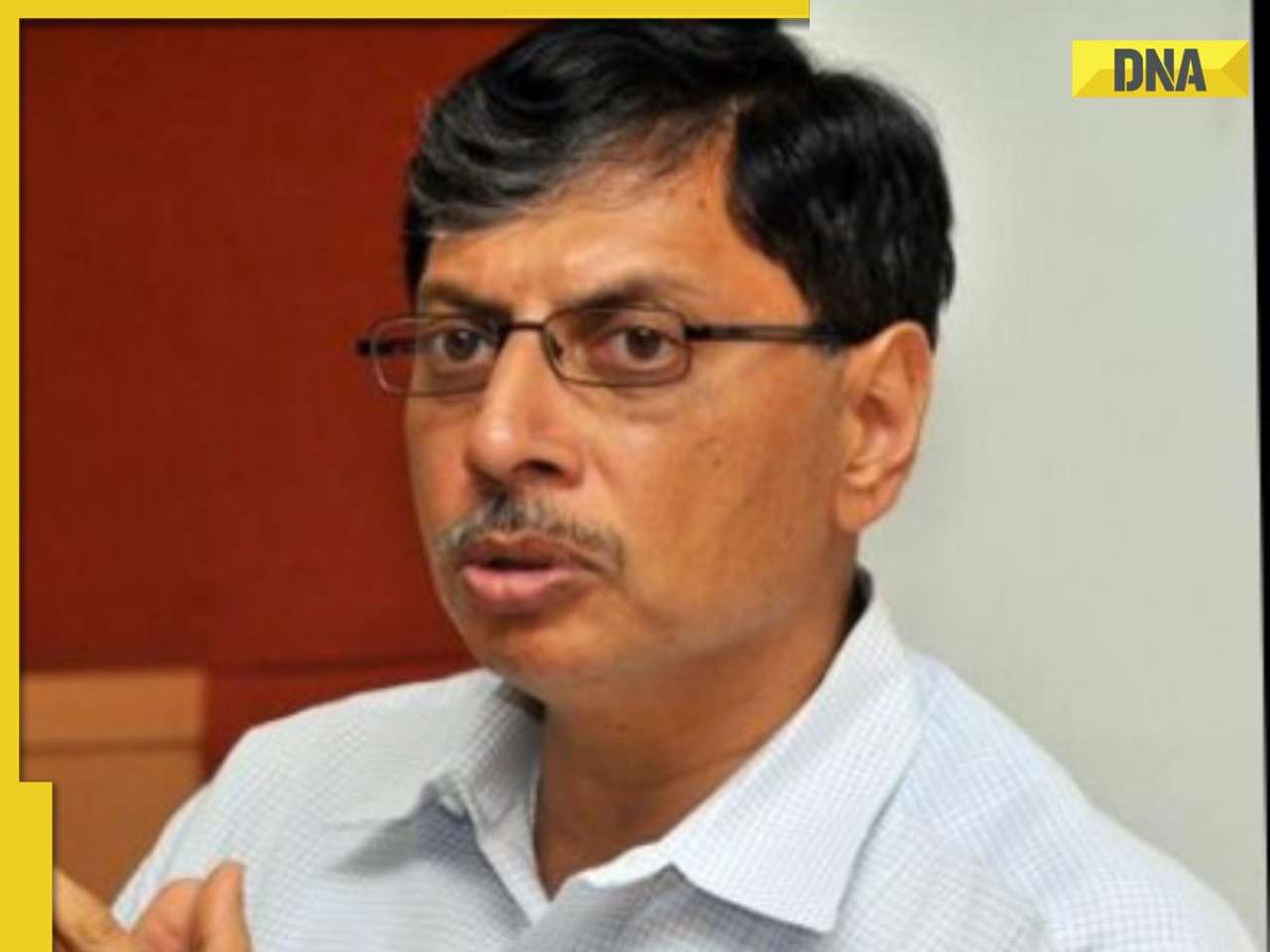
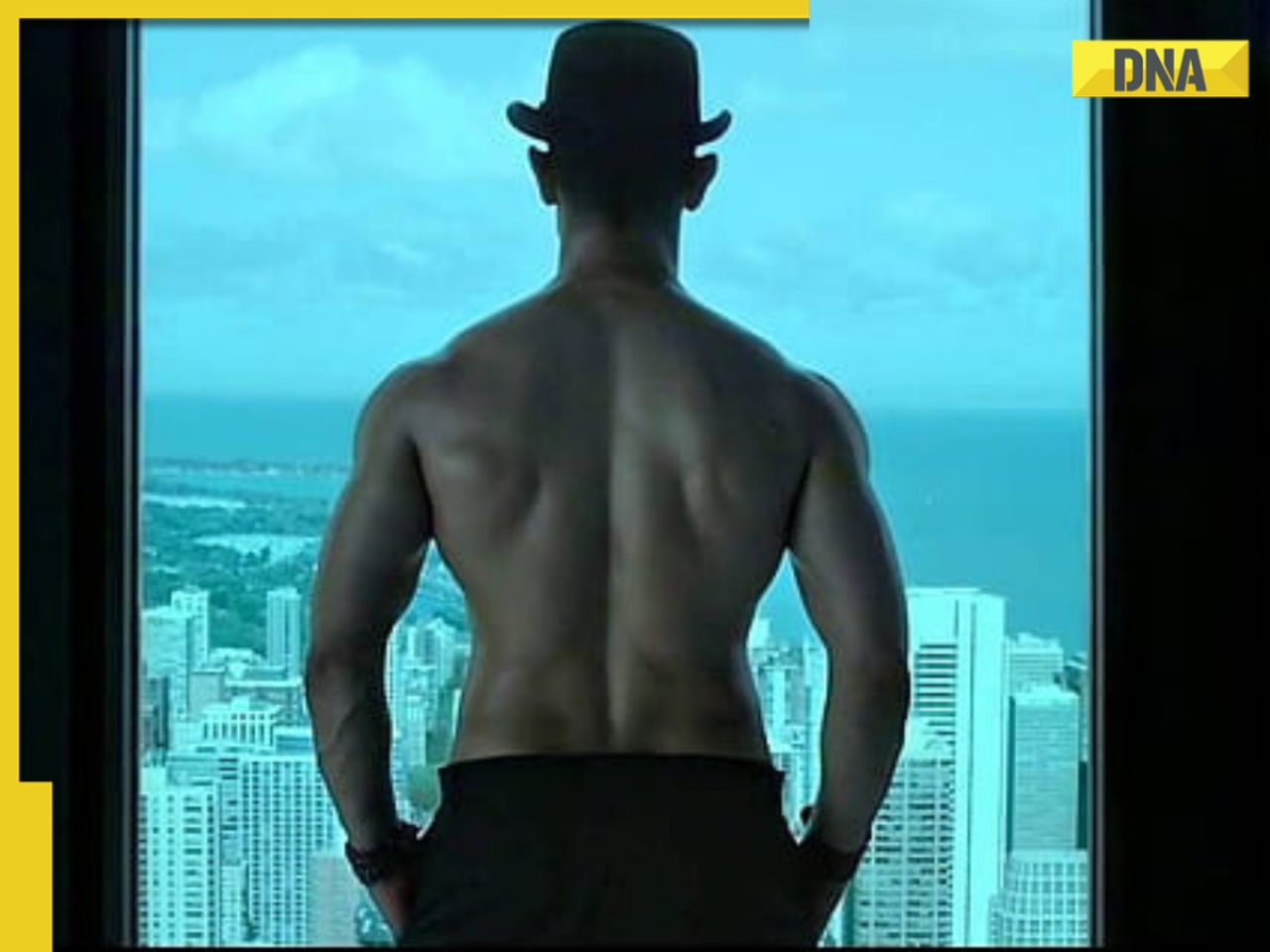
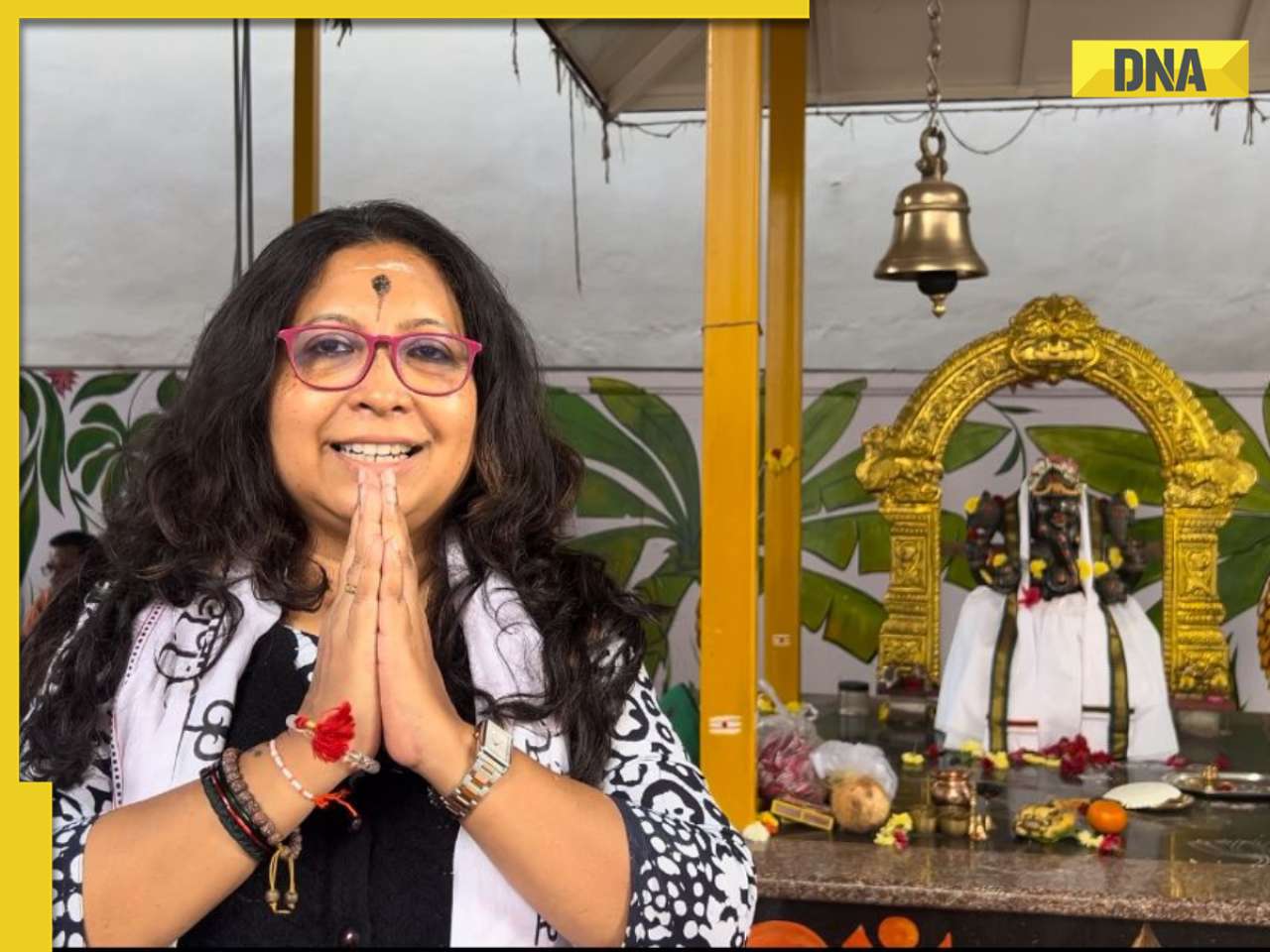





















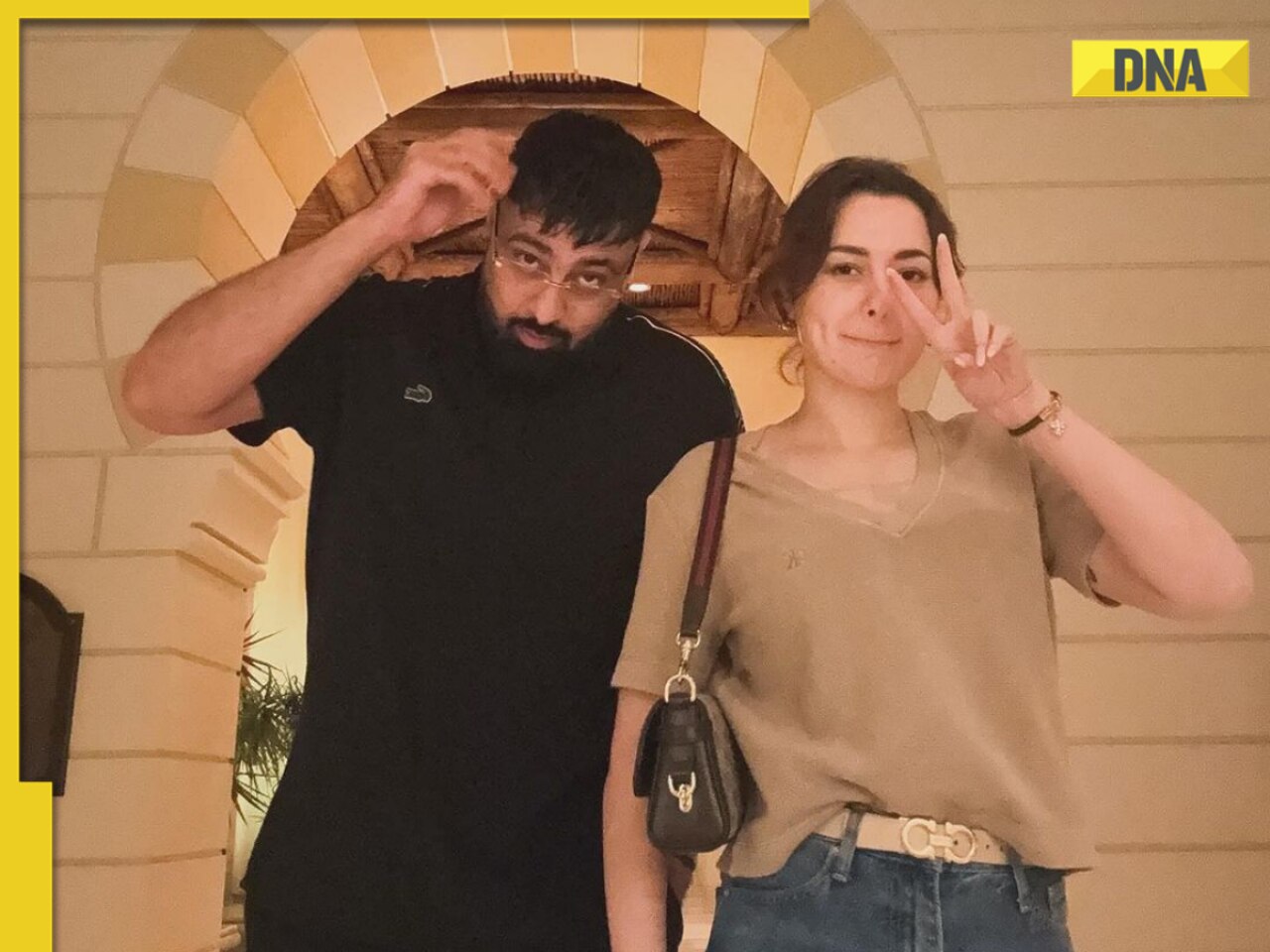



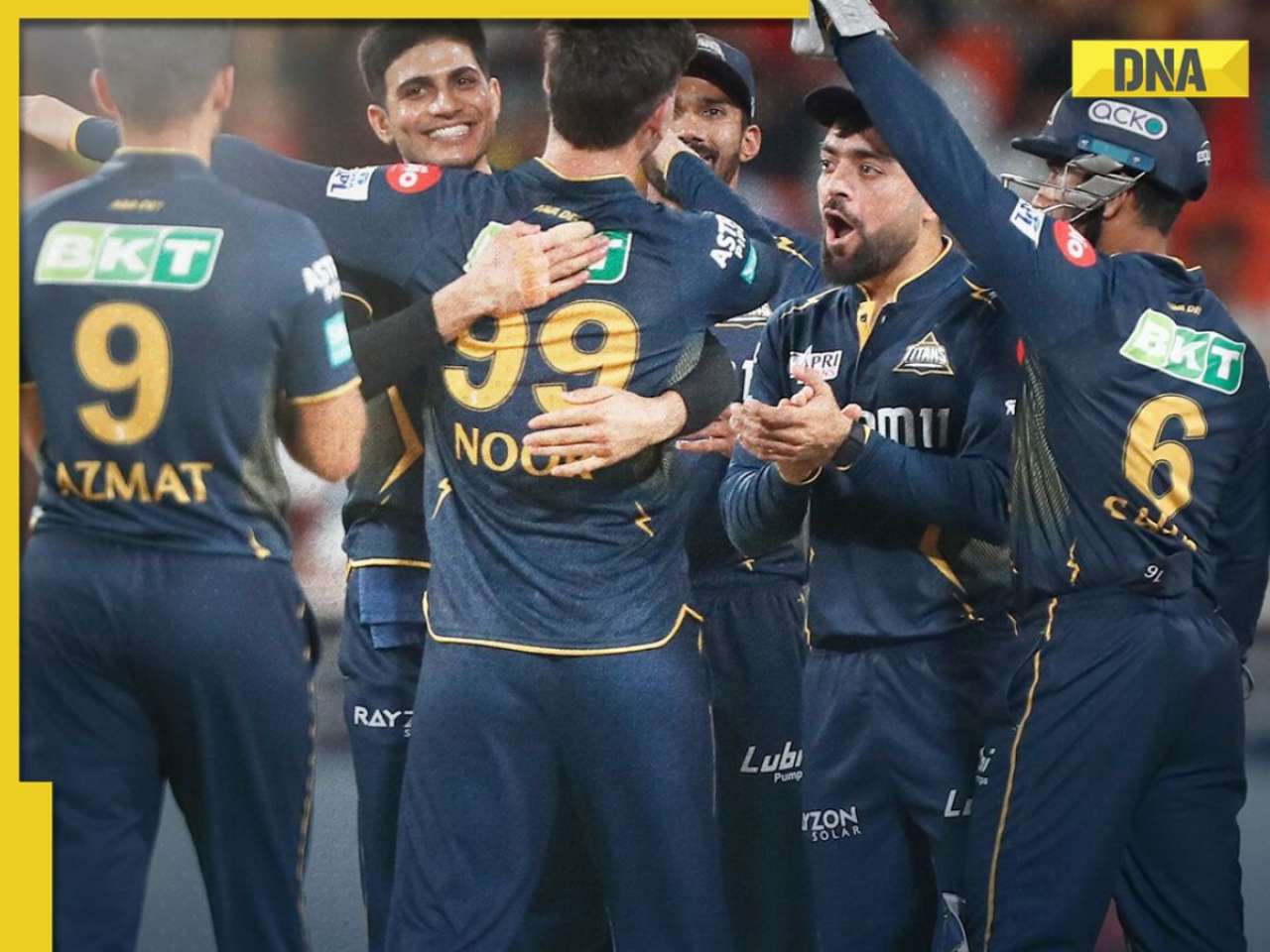
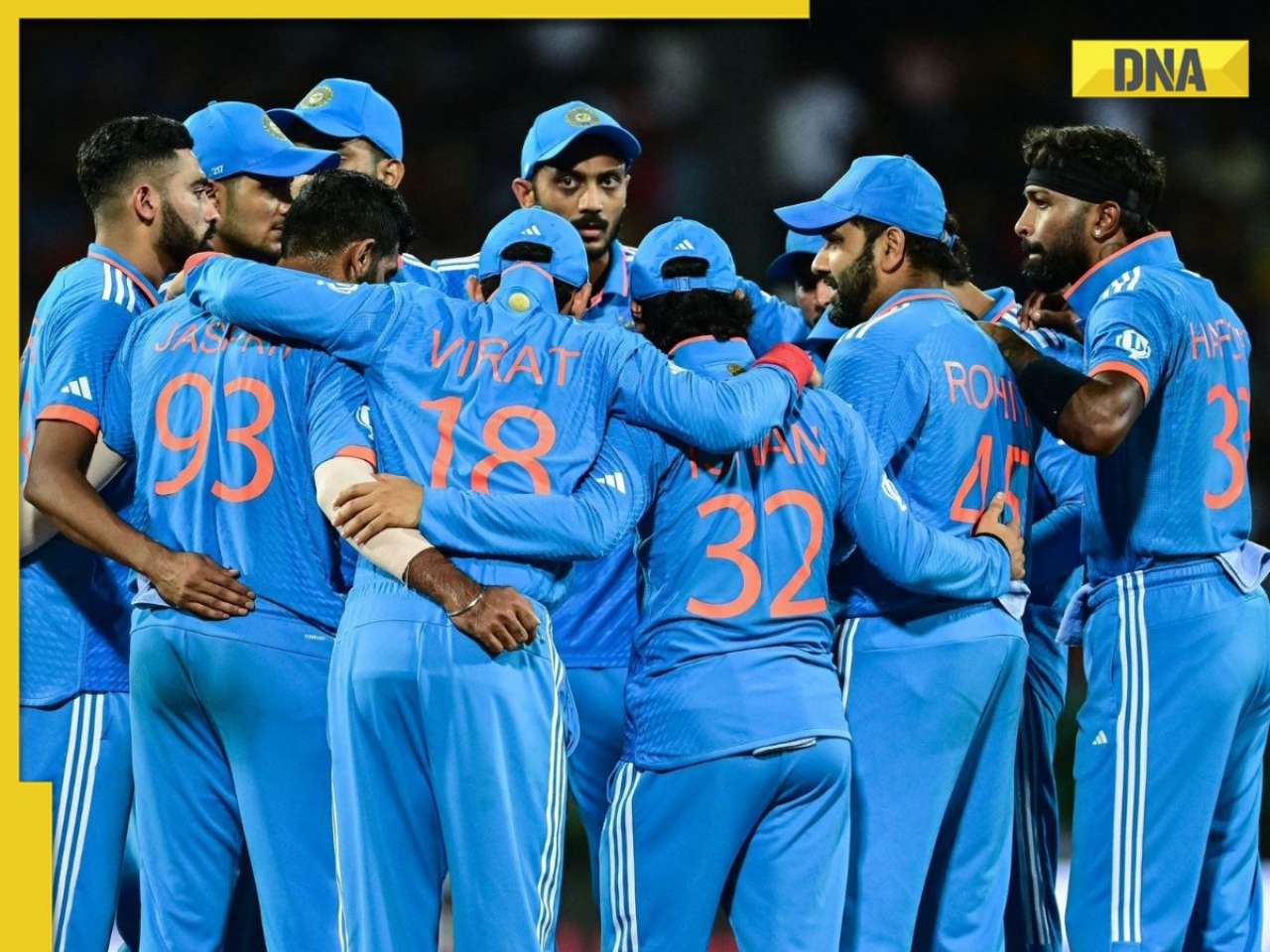
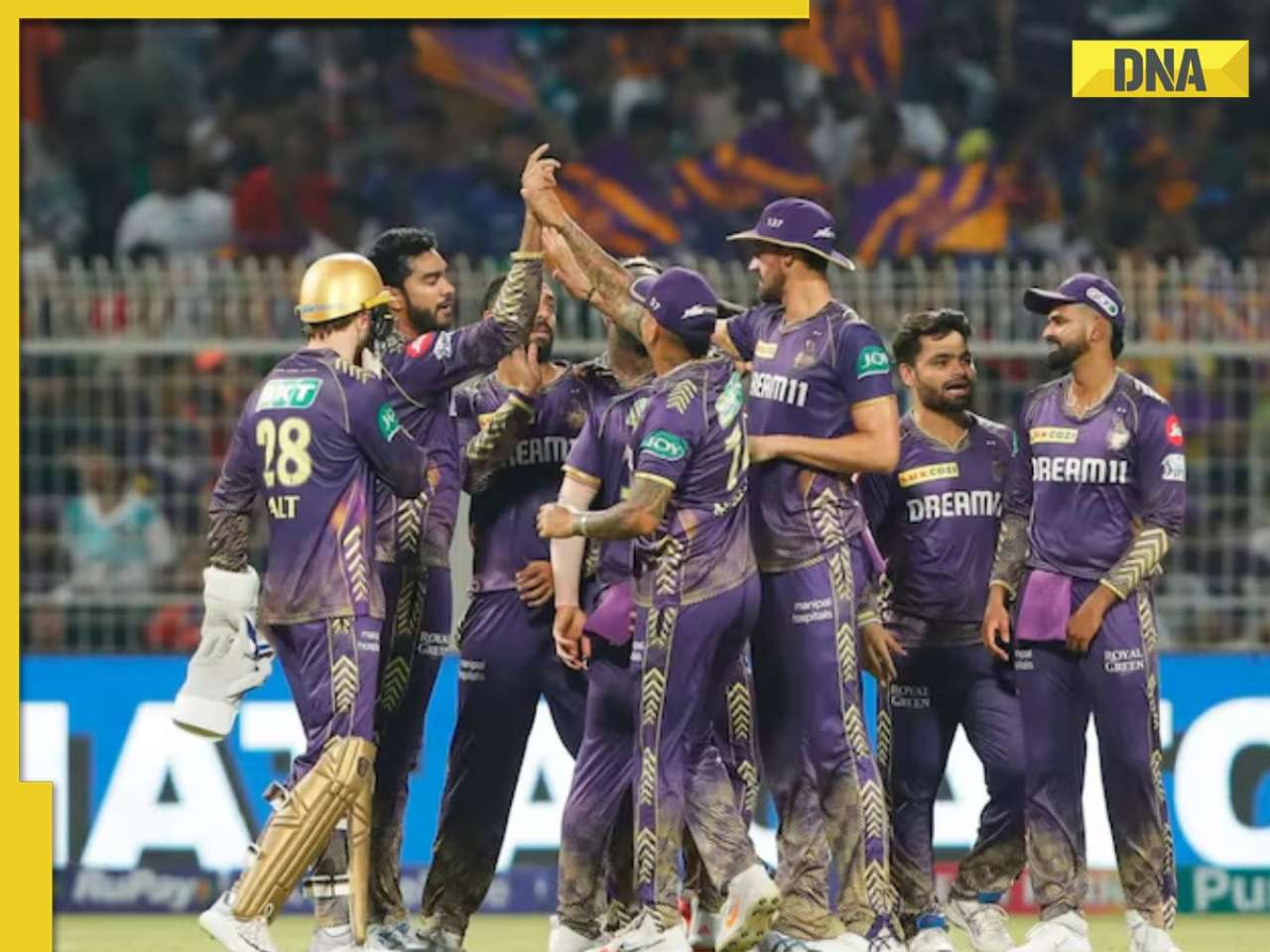
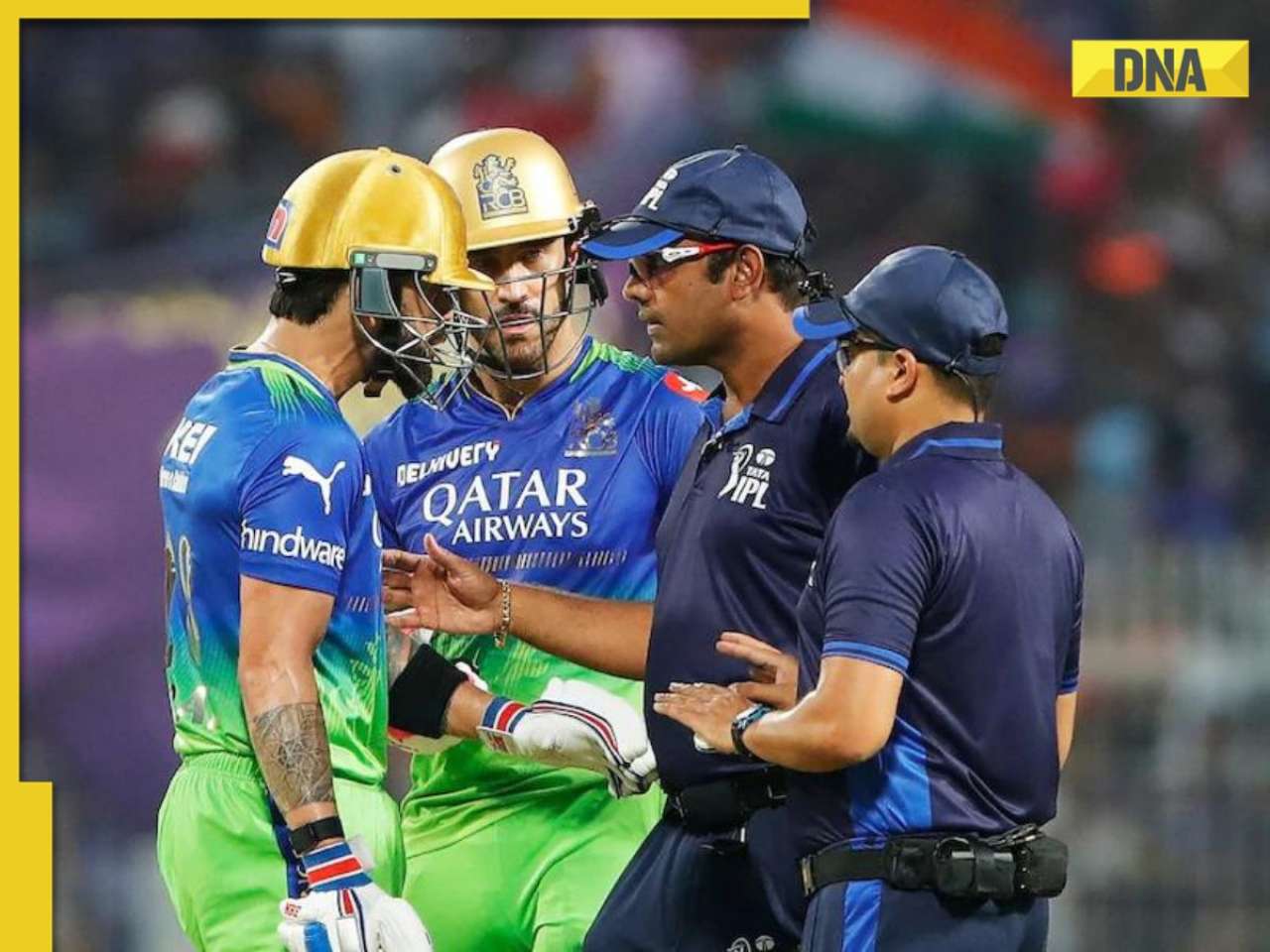
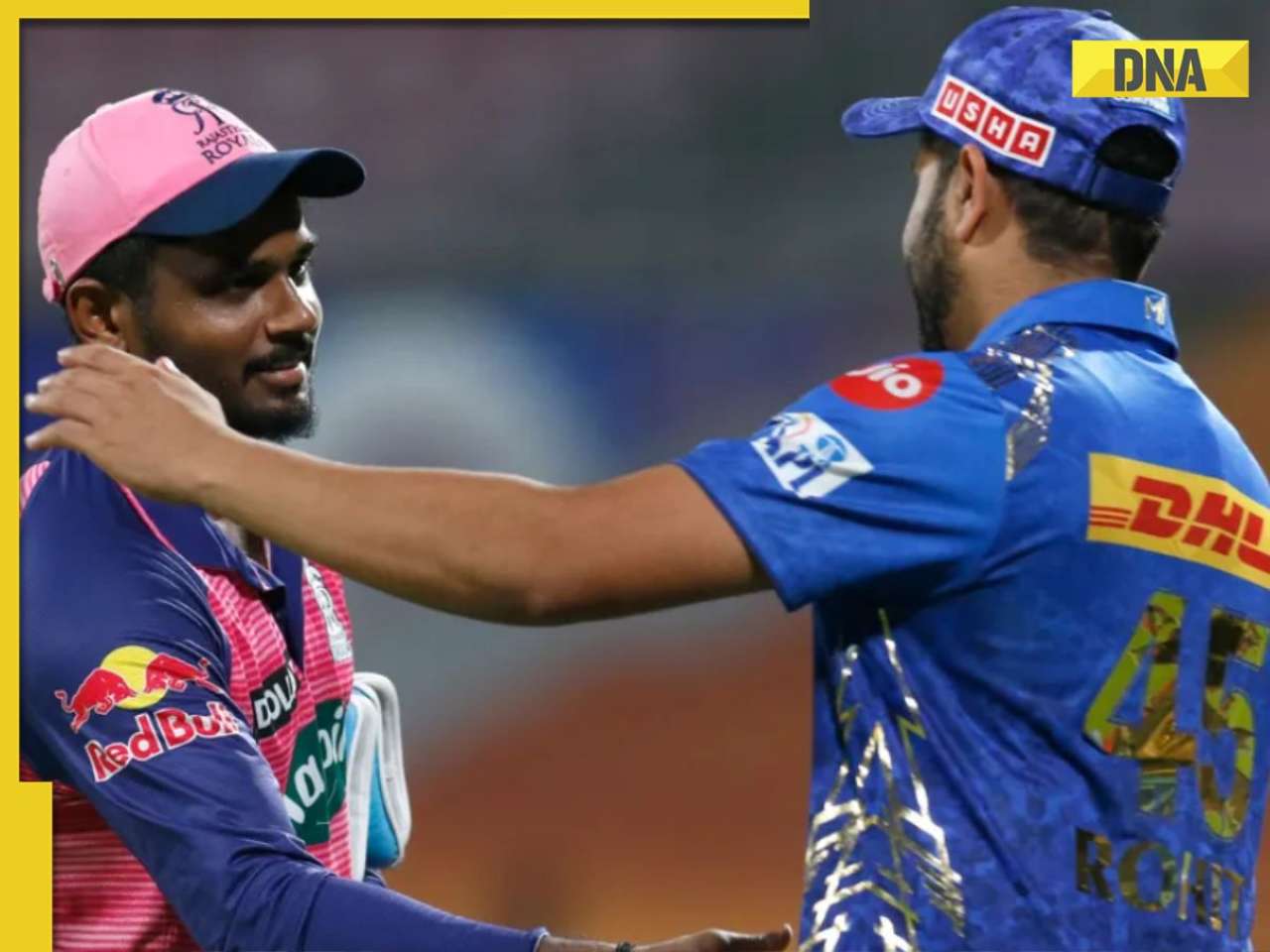



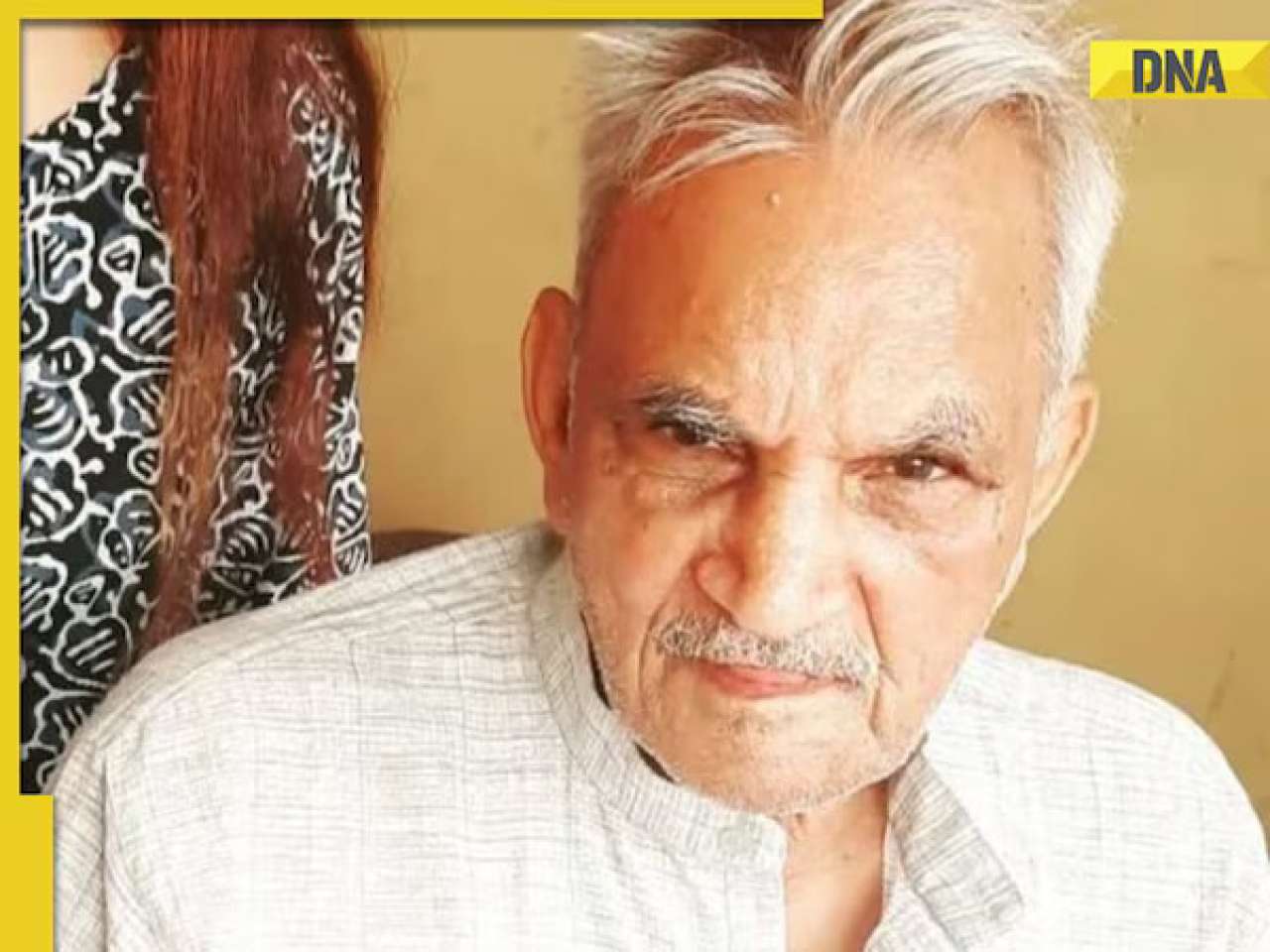
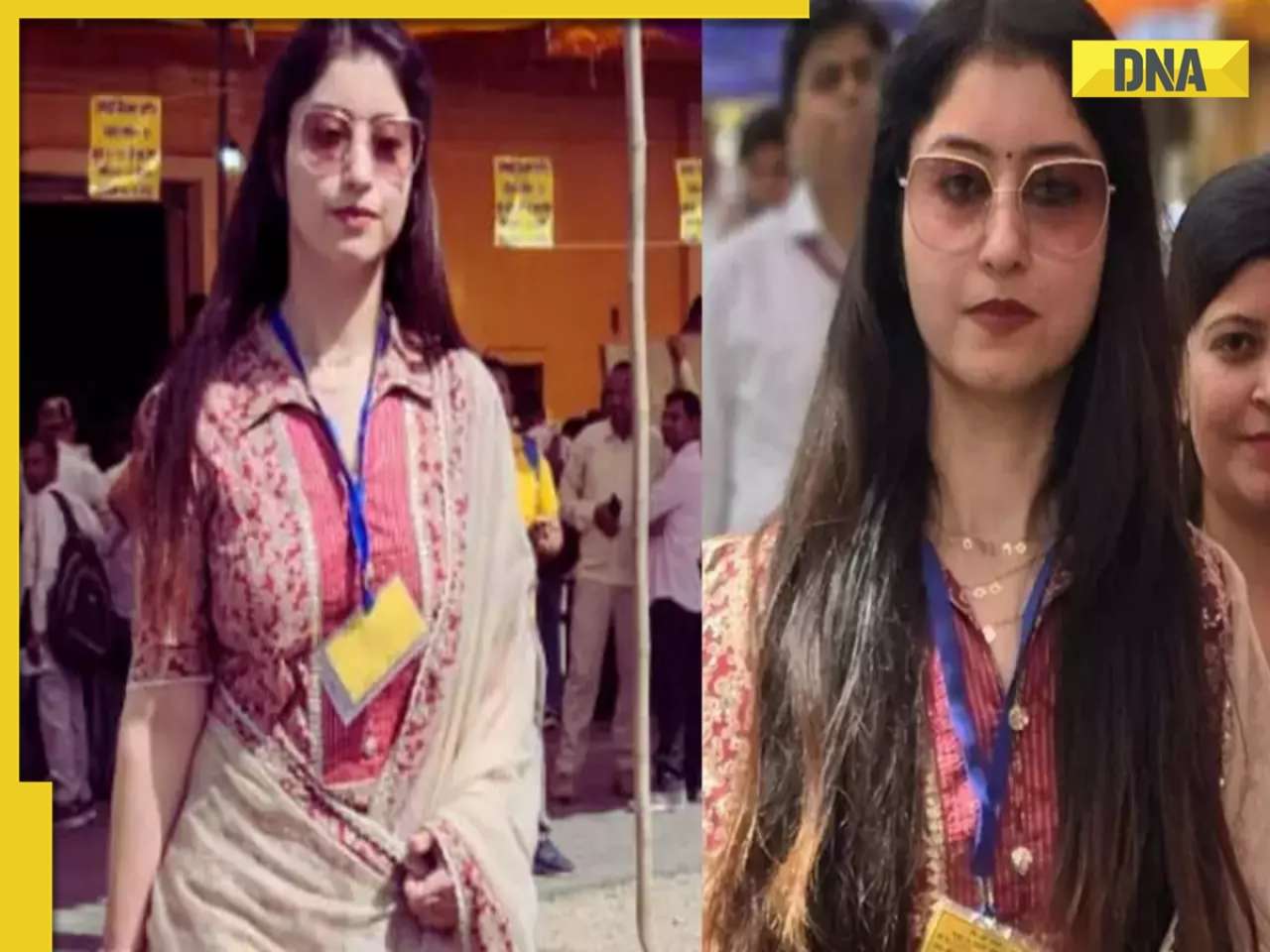

)




)
)
)
)
)
)